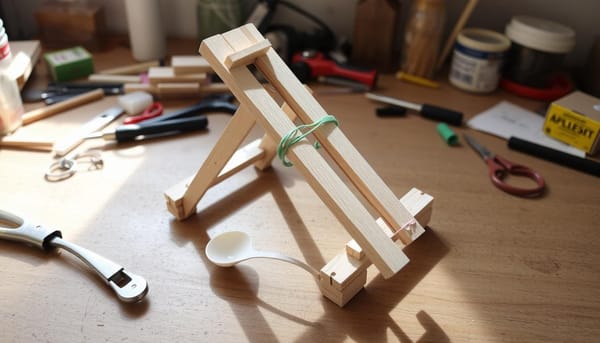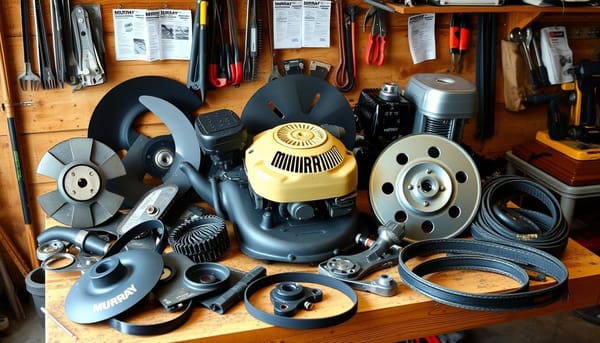Construct it with Einsite!

In India, the construction industry has found a new way of operating. An industry which is used to considering five percent of the cost of the project as wastage is getting cost efficient, and it is happening fast. These days in construction sites, data from crushers and plants which batch concrete are being logged in order to facilitate the understanding of the usage of raw materials and verify their timings. A company called Einsite is behind this new digitization and simplification of the operations going on on construction sites.
Einsite is the brainchild of two brothers, Anirudh and Rajiv Reddy, both in their mid twenties, and the company has been associated with three projects in Delhi and Hyderabad til ynow. As Anirudh puts it, they “want to make project management easier and effective.”
The fraternal duo hail from a real estate background. They are part of the family which runs Gayatri Projects, which has over Rs2,111 crores in revenues. The brothers also share a passion for analytics coming from edge devices.
The construction industry contributes $10 trillion to the global GDP annually, but still, according to Anirudh, “Even with such a contribution, wastage is a big problem. Builders are debt-strapped. If they can reduce wastage through the use of technology, that’s a direct contribution to their bottom line.”
The main reason behind the wastage can be traced back to lack of adequate planning in the batching of raw materials and not providing raw materials to the sites which need it the most. Einsite site operations are digitized with IoT devices, which lets companies plan better.
After graduating in the U.S., the brothers decided to create proprietary devices in order to gather data and soon were in the implementing it in Hyderabad. “We realized we had so many data points that just building visualization would not be enough. We decided to get into the analysis of data, too,” Anirudh says.
The lack of IoT companies in India forced the brothers to “take this idea to the global market. It would not have been easy to raise money here,” says Anirudh.
The duo roped in Kleiner Perkins Caufield Byers. who invested $100,000 in 2016. The brothers then used the money to build a team and to roll out the devices to construction sites. Anirudh chips by in saying that “It helped that we could plug into our own projects and prove to the world that the industry needs to use data efficiently for project management.”
Einsite logs all into SIM cards which are then transmitted to a cloud console. The devices log data of both concrete batch plants as well as the trucks that transport the materials to the site which are tagged and tracked too. Site managers are aware well in advance of how many trucks are arriving with concrete.
Einsite is currently working on a number of business models. Being a cloud-based solution, the team can consider a monthly or annual fee. The focus of the team in 2018, however, is to win new infrastructure projects in its kitty.
According to the forecasts of Gartner, 8.4 billion IoT devices are in use across the world in 2017, and by 2020, the number is expected to touch 20.4 billion. $2 trillion will be spent on endpoints and services in 2017 it is estimated. North America, Greater China, and Western Europe account for almost 67 percent of the installed base of IoT devices in 2017.
From the year 2018, cross-industry devices like those belonging to smart buildings which include HVAC, LED lighting, and physical security systems, will be the ones which are most in demand as the popularity of higher volume, lower cost devices increases.
By the year 2020, cross-industry devices will hit the 4.4 billion mark and the number of vertical-specific devices will stand at 3.2 billion units.
The response of the infrastructure industry in India is yet to be seen but the Reddy brothers have all the right credentials to make the industry more receptive to the concept of inevitable technological progress.
There are other IoT success stories for Einsite to take inspiration from. They include Cattleya Technosys which has over Rs 100 crore in revenue. Also in the contention are firms like Altiux and Entrib which are also popular. All three companies have platforms that work across verticals. They also enable the use of computer vision, AI, and natural language processing.
With a lack of companies that have progressed to Series B and C funding rounds, Einsite could just be the new kid on the block that hits that mark.
Fyxes
Thoughts, stories and ideas.




